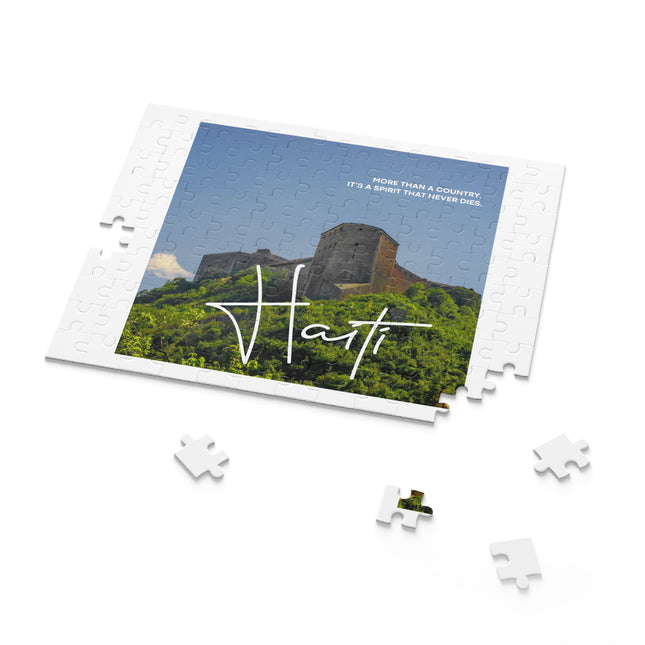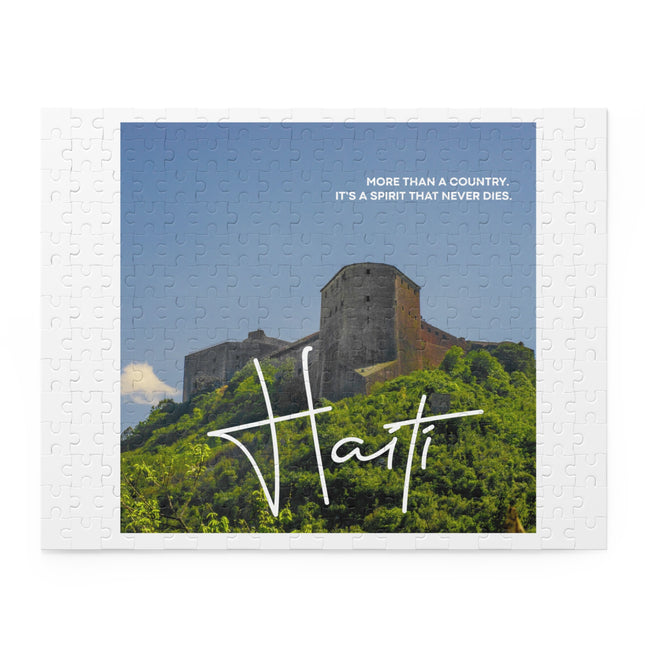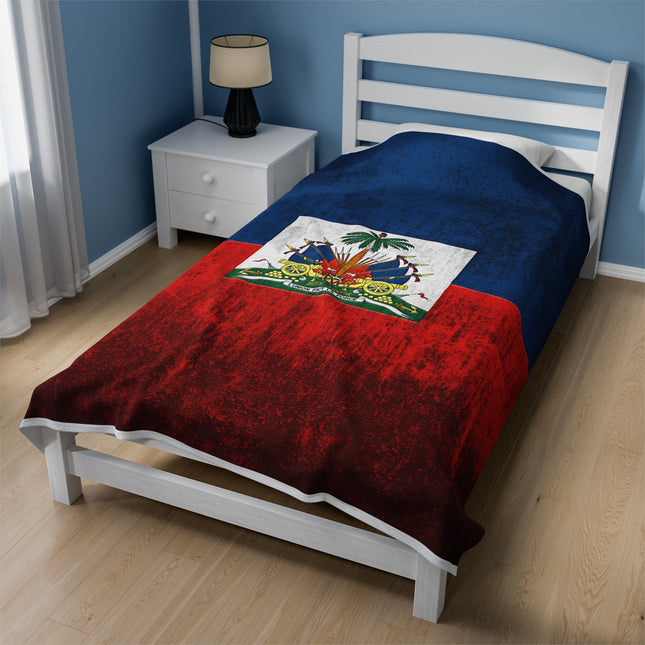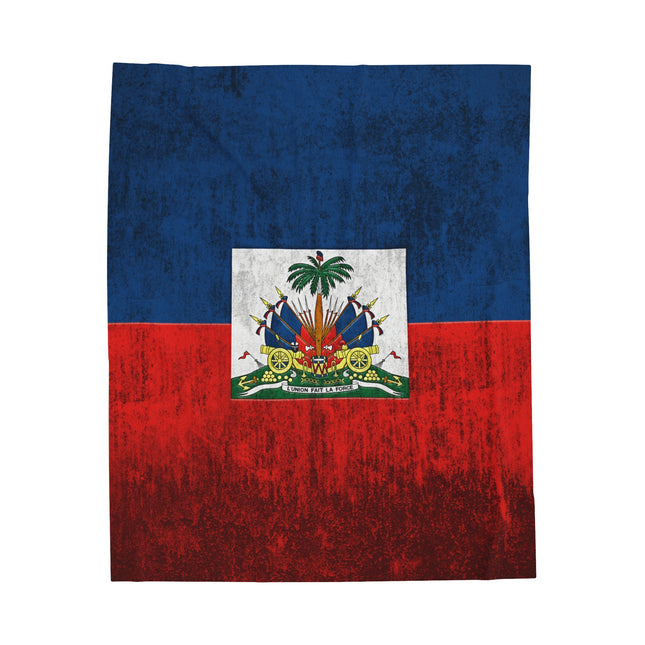
Cap-Haïtien Cultural Quiz Goes Viral — Sparking a Global Conversation on Haitian Identity
, by Seo Guy, 6 min reading time

, by Seo Guy, 6 min reading time
When a group of history enthusiasts in Cap-Haïtien created an online cultural quiz to test knowledge about Haiti’s traditions, landmarks, and historical milestones, they never expected it to explode in popularity. Within days, thousands of Haitians at home and in the diaspora were taking the quiz, sharing their scores, and challenging friends to beat them.
What began as a local heritage awareness project quickly evolved into a viral moment that encouraged people to think deeply about why represent Haitian culture in everyday life. Social media timelines filled with spirited debates about Haitian history, pride, and the responsibility to keep traditions alive.
Cap-Haïtien is often called “The Paris of the Antilles” due to its colonial architecture, historic sites, and vibrant cultural scene. As the gateway to the Citadelle Laferrière and Sans-Souci Palace—both UNESCO World Heritage Sites—it is a city steeped in heritage.
It’s no surprise that the quiz originated here. Locals have a deep sense of pride in their city’s role in Haitian history, and they understand why represent Haitian culture is a question worth asking in today’s rapidly changing world.
The quiz started with simple multiple-choice questions about famous Haitian figures, traditional dishes, folk music, and landmark events. But as more people participated, the creators added layers—questions about regional dialects, rural traditions, and lesser-known historical events.
This sparked conversations not only about accuracy but also about representation. For many, it became clear that to answer the quiz well, you needed more than memorised facts—you needed lived or inherited cultural knowledge. This deeper connection to heritage is at the heart of why represent Haitian culture as an ongoing commitment, not just a passing interest.
The viral quiz was particularly popular among the diaspora, who often grapple with balancing their Haitian identity alongside life abroad. Many shared stories about learning traditions from parents and grandparents, then using the quiz to test themselves and pass knowledge to their children.
This engagement highlights how digital tools can connect communities across borders and generations. It also shows that why represent Haitian culture is a conversation that resonates far beyond Haiti’s shores.

One of the most powerful aspects of the quiz is how it made cultural education accessible and fun. Schools in Haiti began integrating it into lessons, while Haitian community centres abroad used it in cultural workshops.
By gamifying heritage learning, the quiz showed that cultural preservation doesn’t always have to be formal or solemn—it can be lively, interactive, and inclusive. This approach makes it easier for younger generations to engage with heritage and understand why represent Haitian culture matters for their identity.
The success of the quiz also points to a broader truth: in an era where global culture is often dominated by a few major media centres, intentional representation matters more than ever. Digital platforms can be powerful tools for sharing authentic Haitian stories, art, and history—but only if Haitians actively use them to shape the narrative.
The quiz creators have since expanded their project into a cultural content hub, featuring videos, interviews, and articles that celebrate Haiti’s diversity. In doing so, they’re turning the question of why represent Haitian culture into a call to action for creators, educators, and everyday citizens.
Cultural pride has tangible economic benefits. When people feel invested in their heritage, they are more likely to support local artisans, attend cultural festivals, and promote heritage tourism. Cap-Haïtien businesses—cafés, bookstores, art galleries—reported increased foot traffic as locals and visitors sought to deepen their cultural engagement after taking the quiz.
This is a real-world example of how why represent Haitian culture isn’t just a philosophical question—it’s a strategy for strengthening community identity and economic resilience.
The visual style of the quiz—bright colours, traditional motifs, and iconic images—has inspired local designers, illustrators, and fashion brands. Artists are creating posters, clothing, and home décor that capture the same playful but proud energy of the quiz.
At CreoleSizzle, we celebrate this trend by offering apparel and décor that fuse cultural symbolism with contemporary style. Just as the quiz blends tradition with technology, our products blend heritage with everyday life.
The viral success of the Cap-Haïtien quiz offers a blueprint for other communities looking to revitalise cultural pride: make it interactive, make it shareable, and make it inclusive. By allowing people to engage at their own pace and share their experiences, cultural initiatives can reach wider audiences and spark meaningful conversations.
It also demonstrates the value of combining grassroots creativity with digital reach. The quiz was free, easy to access, and spread organically—proof that cultural representation doesn’t always require huge budgets to make a big impact.
The creators plan to expand into cultural festivals, school programs, and even heritage tourism packages that guide visitors through the quiz topics in real life. Imagine answering a question about the Citadelle and then visiting it the next day, or learning about a traditional dish online before tasting it in a local market.
These kinds of immersive experiences deepen understanding and provide powerful, lasting answers to the question of why represent Haitian culture—because when people see, taste, and feel it, they carry it forward.
The Cap-Haïtien cultural quiz may have started as a fun challenge, but it has evolved into a powerful movement for cultural representation and pride. By sparking conversations across Haiti and its diaspora, it has reminded people that heritage is not just something to observe—it’s something to live, share, and defend.
This isn’t just a cultural experience—it’s a lifelong brand of identity. If today’s article moves you, let Haitian culture move your everyday life. Shop Haitian-made t-shirts, prints, accessories, and homeware at CreoleSizzle.com—and carry that pride wherever you go.


$37.25 - $54.35


$16.13 - $24.40


$32.28 - $77.35